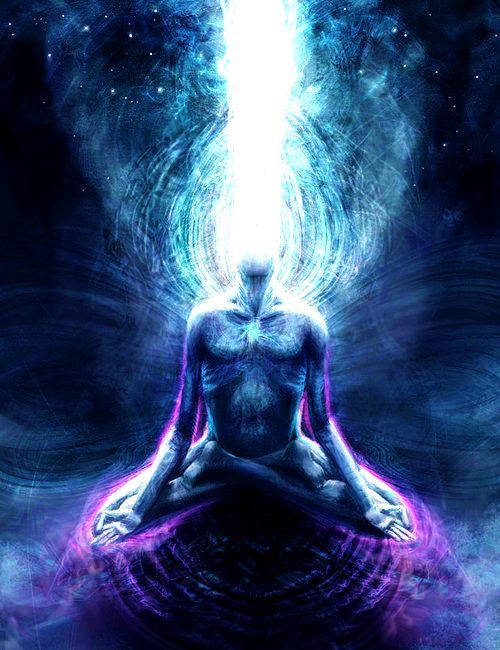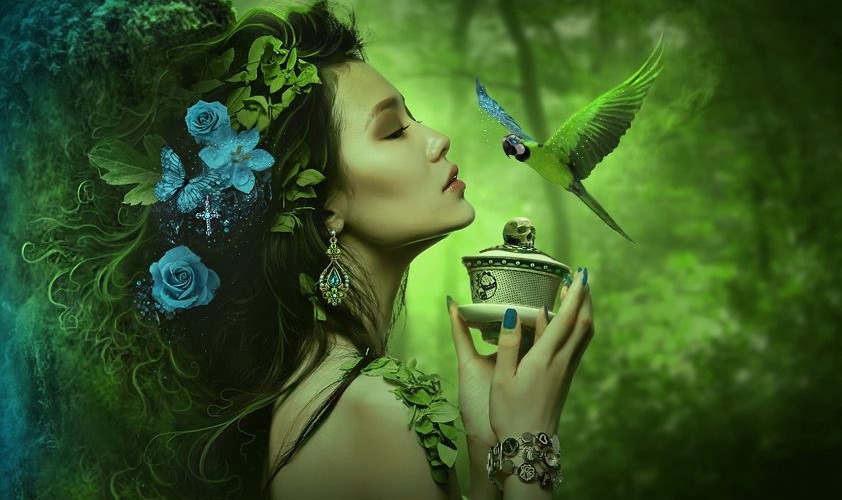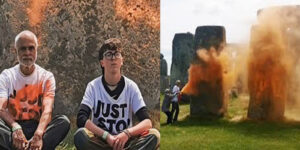We have drunk of the soma; we have become immortal, we have seen the light; we have found the Gods…
Rig Veda 8.48.3
 The search for the elixir of life, the quest for the Holy Grail has been since time immemorial the preoccupation of every arcane mystery religion. From the Chinese to the Greco-Egyptian, to the Gnostic, the Semitic, and the Hermetic, to other ancient alchemical traditions, all the conceptions of an ‘elixir of immortality’, ‘philosopher’s stone’ or ‘water of life’ have had their roots in the Vedic conception of ‘Soma’; for the ancient vedic soma ritual was the oldest form of alchemy known to man.
The search for the elixir of life, the quest for the Holy Grail has been since time immemorial the preoccupation of every arcane mystery religion. From the Chinese to the Greco-Egyptian, to the Gnostic, the Semitic, and the Hermetic, to other ancient alchemical traditions, all the conceptions of an ‘elixir of immortality’, ‘philosopher’s stone’ or ‘water of life’ have had their roots in the Vedic conception of ‘Soma’; for the ancient vedic soma ritual was the oldest form of alchemy known to man.
In the Vedic tradition, Soma was not only a sacred ritual drink of the Devas, but was also seen as the supreme deity- the Lord of Ananda- Absolute Bliss. Soma was indeed considered the bliss of all existence- which is the source of the universe and which is ultimately the key and secret to immortality. It was this experience of Soma that was associated with the transcendental light of higher realms of wisdom; and it was by the discovery of Soma that man became God for it was the commonly shared spirit and essence of Soma which linked man with the Divine in spiritual lineage. Apart from being associated with our immortal body- the ananda-maya kosha, Soma was also later identified with the moon:
I come into the earth and with life-giving love I support all things on earth. And I become the scent and the taste of the sacred Soma, which is the wandering moon. (Bhagavad Gita 15.13)
Like Fire, Soma was understood to exist in plants, in the waters and within man as the core essence of divinity. In the symbolization of the Vedic sacrifice, the human being was likened to the jar in which the Soma was stored as well as strained, endowing man with the secrets and powers of greater knowledge. However the physical form of the man that experienced the ecstasy of soma was expected to be prepared to receive this flood of elixir by his equally strong endurance of the burning fires of life; which in the larger context pointed to the ultimate evolution of his consciousness:
 Wide spread out for thee is the sieve of thy purifying, O Master of the soul; becoming in the creature thou pervadest his members all through. He tastes not that delight who is unripe and whose body has not suffered in the heat of the fire; they alone are able to bear that and enjoy it who have been prepared by the flame.
Wide spread out for thee is the sieve of thy purifying, O Master of the soul; becoming in the creature thou pervadest his members all through. He tastes not that delight who is unripe and whose body has not suffered in the heat of the fire; they alone are able to bear that and enjoy it who have been prepared by the flame.
The strainer through which the heat of him is purified is spread out in the seat of Heaven; its threads shine out and stand extended. His swift ecstasies foster the soul that purifies him; he ascends to the high level of Heaven by the conscious heart.
Those who are utterly perfected in works taste the enjoyment of his honey-sweetness… King with the sieve of thy purifying for thy chariot thou ascendest to the plenitude; with thy thousand burning brilliances thou conquerest the vast knowledge.
(Rig Veda 9.83.1-5, translated by Sri Aurobindo)
Many ancient schools which propounded similar conceptions of Soma even believed that the human body contained trapped within it an infinite storehouse of light particles that one could release through the experience of altered states of bliss-consciousness to re-enter and re-experience the source and realm of universal light. This was the process by which they believed that man encountered his soul and attained immortality. The mystery hymns of the Rig Veda similarly associated Soma with the experience of divine immortal light which was at the core of man’s own boundless Self:
Where the inextinguishable light shines, the world where the sun was placed, in that immortal, unfading world, O Purifier, place me. O drop of Soma… where Heaven is enclosed, where these young waters are- there make me immortal… where the worlds are made of light, there make me immortal. O drop of Soma, flow for Indra. (Rig Veda 9.113.7-9)
In ancient India, the Soma ceremony was not only central to cosmological theories of sacrifice through which emerged the universe, but it was also central to discovering the true essence of man and propelling his ascent into Godhood. It was this visionary understanding of the basis of life that influenced all later alchemical traditions of the world which further catapulted their ancient quest for the elixir of life.































